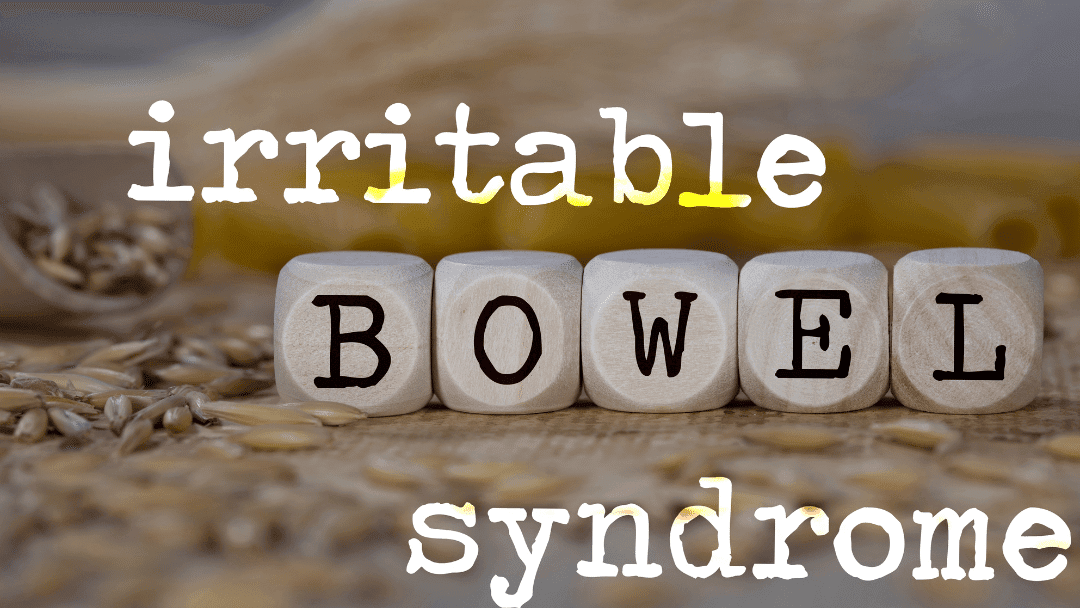I B S
Understanding & Managing Irritable Bowel Syndrome
IBS – Irritable Bowel Syndrome is a common yet often misunderstood digestive disorder affecting millions of people in the UK. If you experience bloating, stomach pain, and irregular bowel habits, you’re not alone. This article explores what IBS is, its symptoms, causes, and effective management strategies to help improve your quality of life.
What is IBS?
IBS is a chronic gastrointestinal condition that affects how the bowel functions. Unlike other digestive disorders, IBS does not cause permanent damage to the intestines but can significantly impact daily life. It is estimated that 1 in 7 people in the UK suffer from IBS, with women being more commonly affected than men.
Common Symptoms of IBS
IBS symptoms vary from person to person, but the most common include:
- Abdominal pain or cramping (often relieved after a bowel movement)
- Bloating and gas
- Diarrhoea, constipation, or a mix of both
- Mucus in stool
- Increased urgency to go to the toilet
These symptoms can be triggered by certain foods, stress, or changes in routine.
Causes & Triggers of IBS
While the exact cause of IBS is still unknown, several factors contribute to its development, including:
- Gut-brain interaction issues – The nervous system and digestive system may not communicate properly.
- Food intolerances – Some people react poorly to high-FODMAP foods, dairy, or gluten.
- Stress and anxiety – Emotional distress can worsen IBS symptoms.
- Gut microbiome imbalance – An imbalance of gut bacteria may play a role.
- Infections or gastroenteritis history – A history of severe stomach infections can increase IBS risk.
How to Manage IBS Effectively
Although there is no cure for IBS, symptoms can be managed with lifestyle and dietary changes. Here are some proven strategies:
1. Follow a Low-FODMAP Diet
The Low-FODMAP diet, developed by Monash University, helps many IBS sufferers by reducing fermentable carbs that cause bloating and discomfort. Foods to limit include:
- High-FODMAP foods: Onions, garlic, beans, dairy, apples, wheat.
- Low-FODMAP alternatives: Bananas, carrots, potatoes, lactose-free dairy.
SEO Tip: Include terms like “best diet for IBS relief” or “low-FODMAP food list” to attract readers searching for dietary solutions.
2. Manage Stress & Anxiety
Since stress can trigger IBS, consider:
- Mindfulness meditation and deep breathing exercises
- Regular physical activity, such as yoga or walking
- Cognitive Behavioural Therapy (CBT), which has been proven to help manage IBS symptoms
3. Stay Hydrated & Eat Small Meals
- Drink at least 6-8 glasses of water daily
- Avoid excessive caffeine and alcohol
- Eat smaller, frequent meals instead of large portions
4. Try Probiotics & Gut-Friendly Supplements
Probiotics like Bifidobacterium and Lactobacillus may help balance gut bacteria and reduce bloating. A good resource for more information on Pre-biotic & Pro-Biotic gut support is on this website and be sure to speak to a nutritionist before trying new supplements.
5. Improper functioning of muscular contractions of the large intestine
When muscles cant function properly it can mean that the nerve supply to that part of the body is affected, and in turn means the organ or tissue in that area fails to work or works less efficiently. Chiropractors specifically look at the brain body connection via the nervous system and may be able to detect interruption to the flow that regulates contractions, to assist the intestine to work more efficiently and be less problematic.
6. Keep an IBS Symptom Diary
Tracking your food intake, stress levels, and symptoms can help identify personal triggers and improve IBS management.
When to See a Doctor
If you experience severe symptoms, unexplained weight loss, blood in your stool, or ongoing pain, consult a GP to rule out other digestive conditions.
IBS Awareness Month serves as an important reminder that IBS is a real and manageable condition. By making small lifestyle changes, monitoring diet, and managing stress, many people can live comfortably with IBS. If you or someone you know is struggling, seek professional advice and support.
Struggling? – we’re here to Help!
Are you experiencing issues with your mobility?, in performing day to day activities? or in constant pain?
As a registered Chiropractor we offer personalized advice and treatment options for all types of back, neck, hip, knee, headache & migraine pain.
Taking proactive steps to care for your spinal health can prevent future issues and promote overall mobility, endurance and well-being.
If you’re struggling with pain or discomfort get in touch with one of our team members who will be happy to answer any questions you may have about your symptoms and how we can help you.
Always be sure that your spinal health is taken care of by a registered chiropractor.
**Always be sure to carry out your own due diligence and research on information provided on our website.
**If you are on medication, always consult with your health practitioner before making changes to your diet, exercise or lifestyle.

